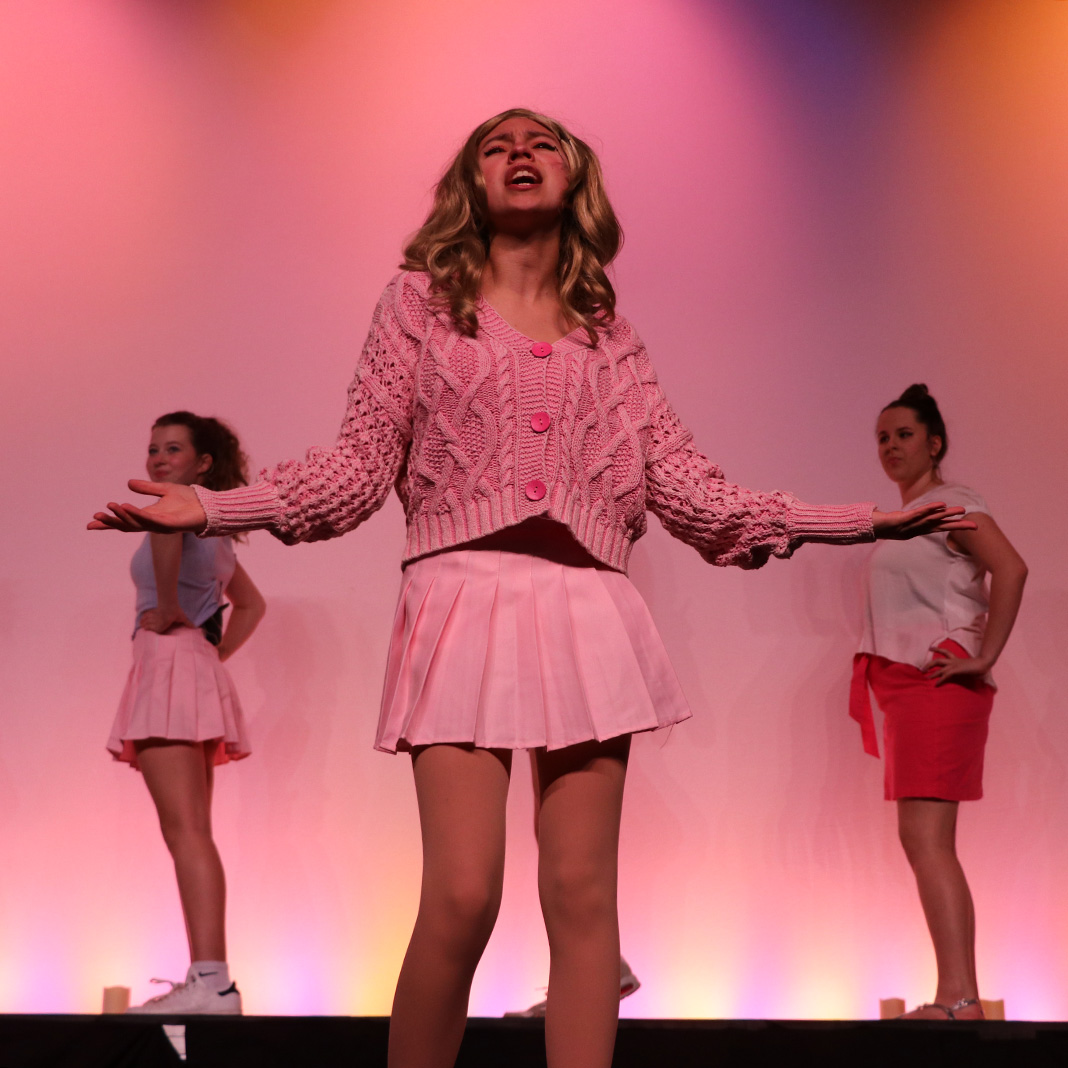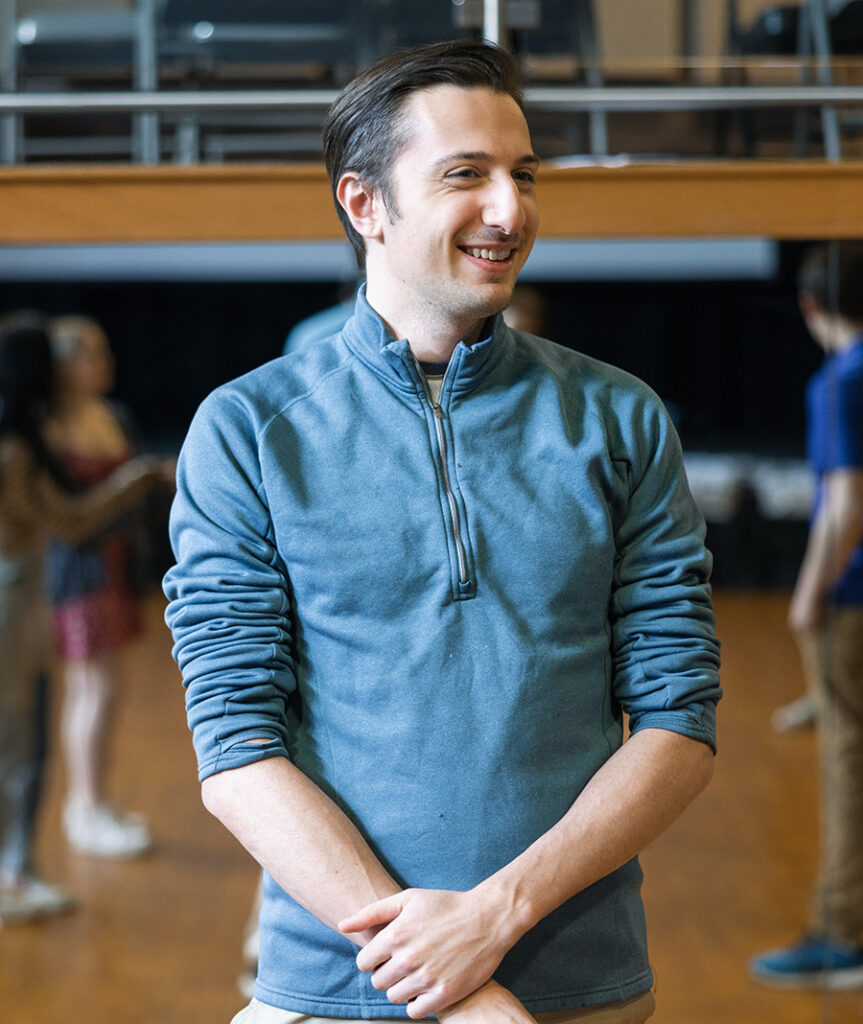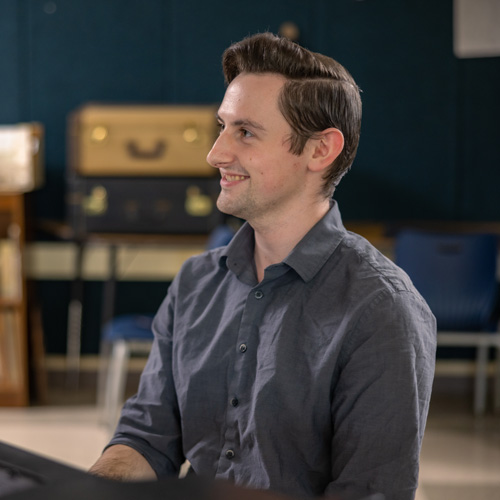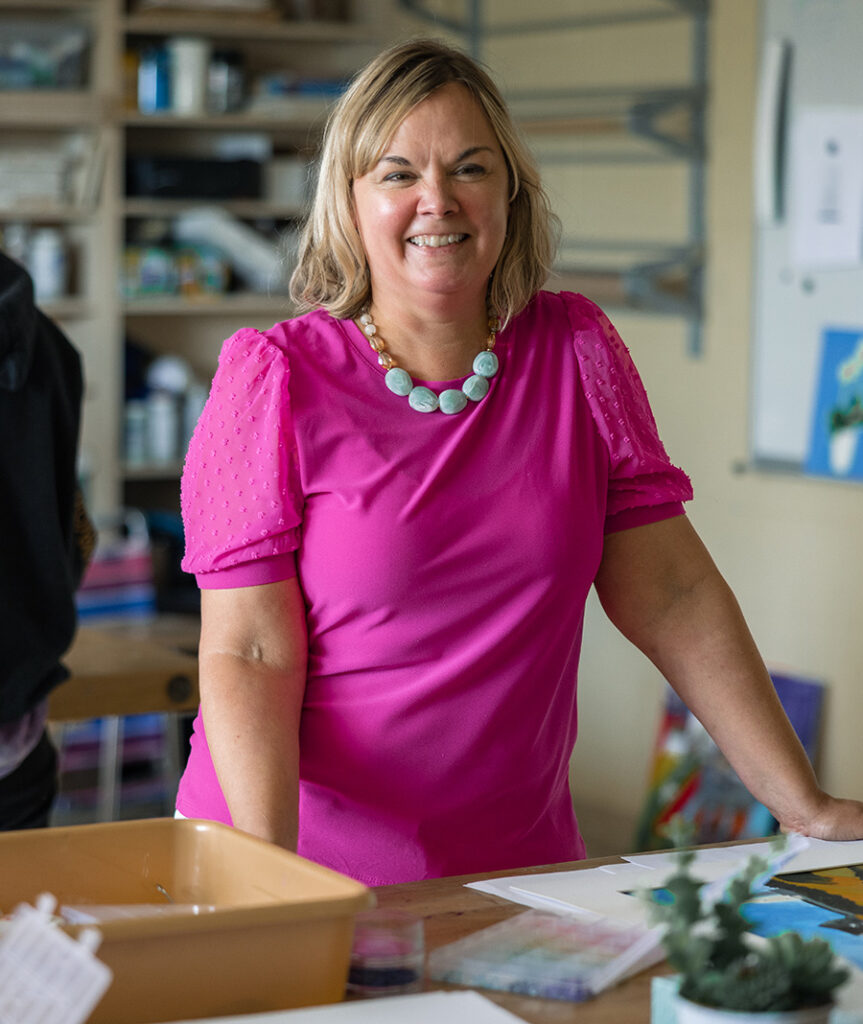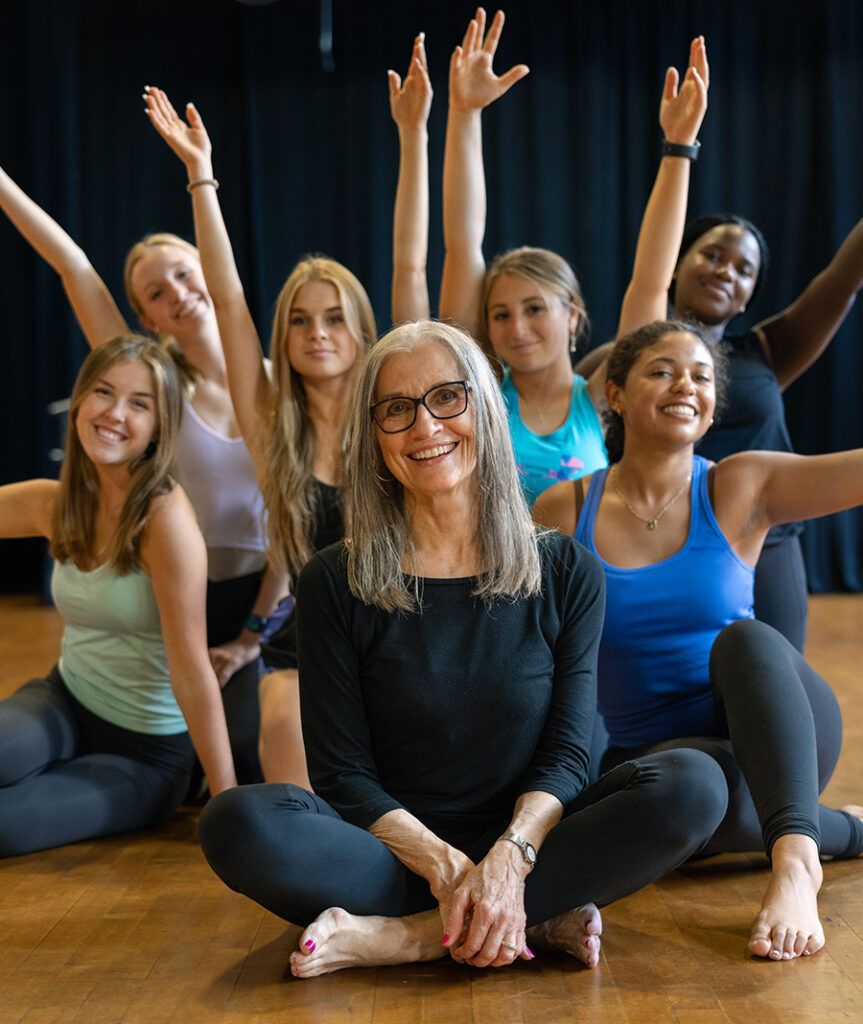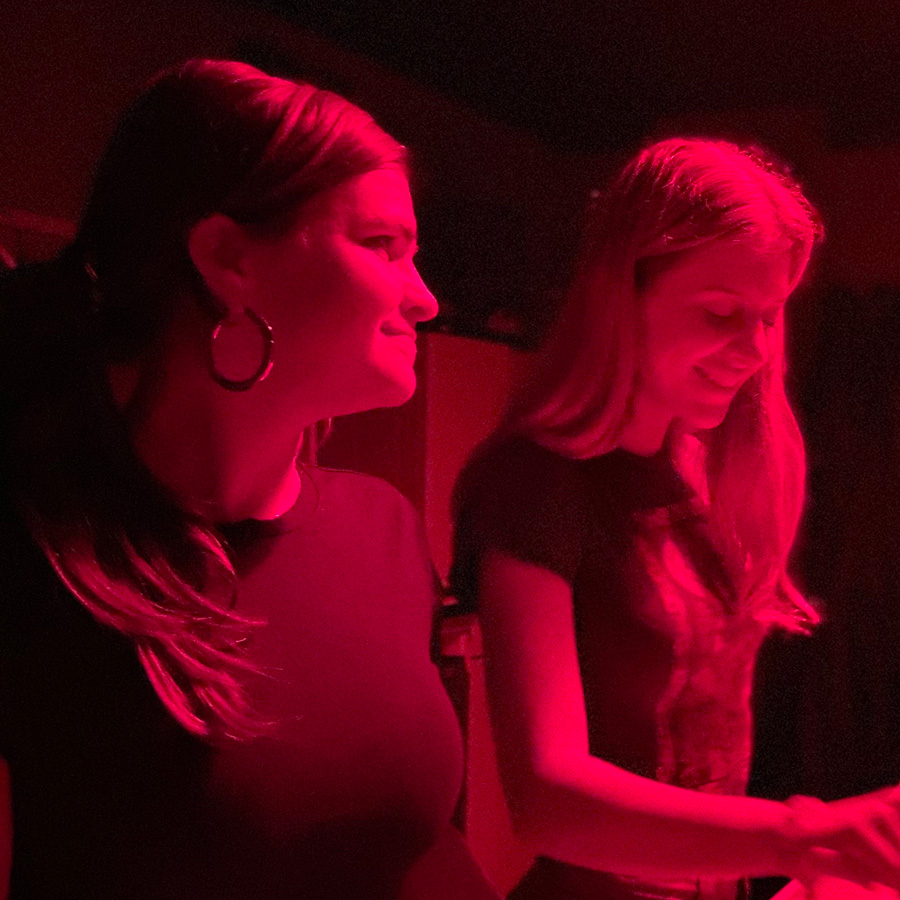Arts
The Arts
The Arts at The Williams School seek to engage students in an individualized creative process.
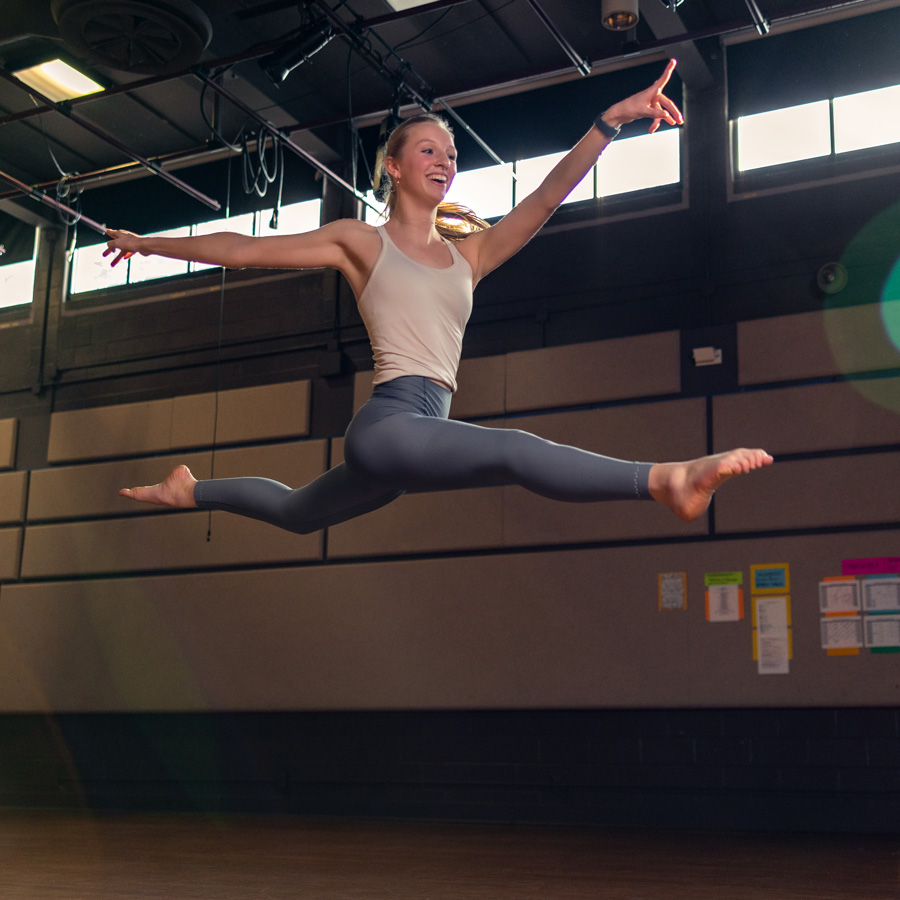
Performing Arts
Williams Performing Arts program expands the realm of theatre, music, and dance pushing students to learn all aspects of performance and production.
Learn More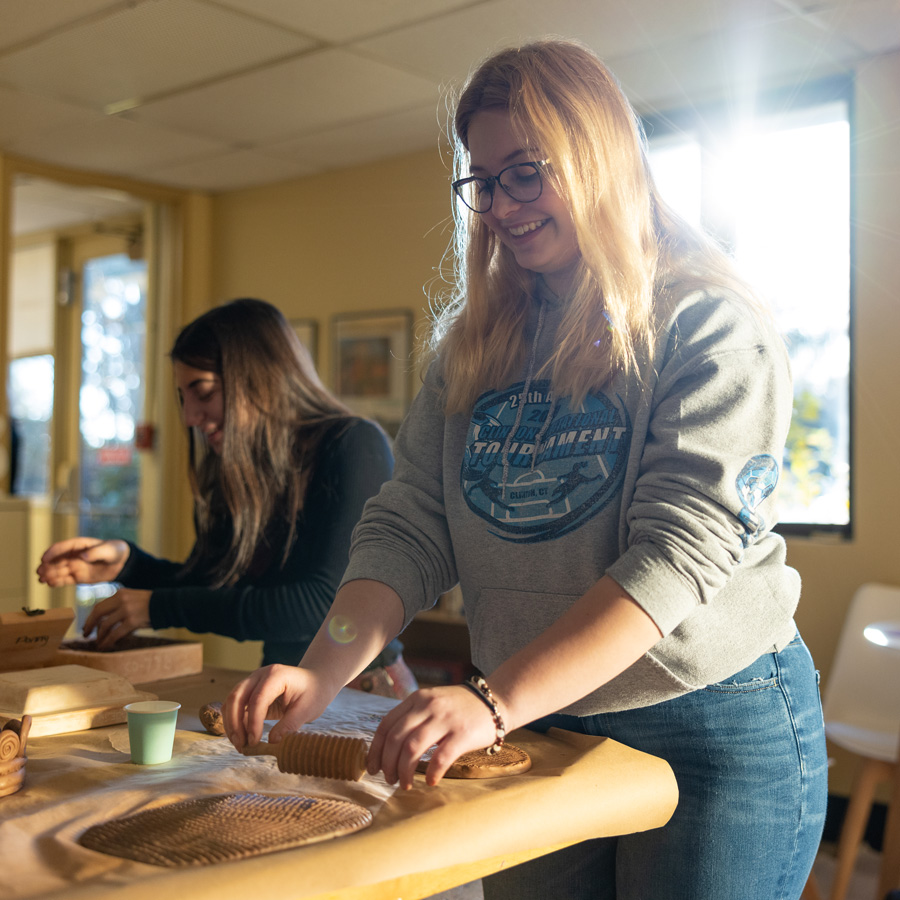
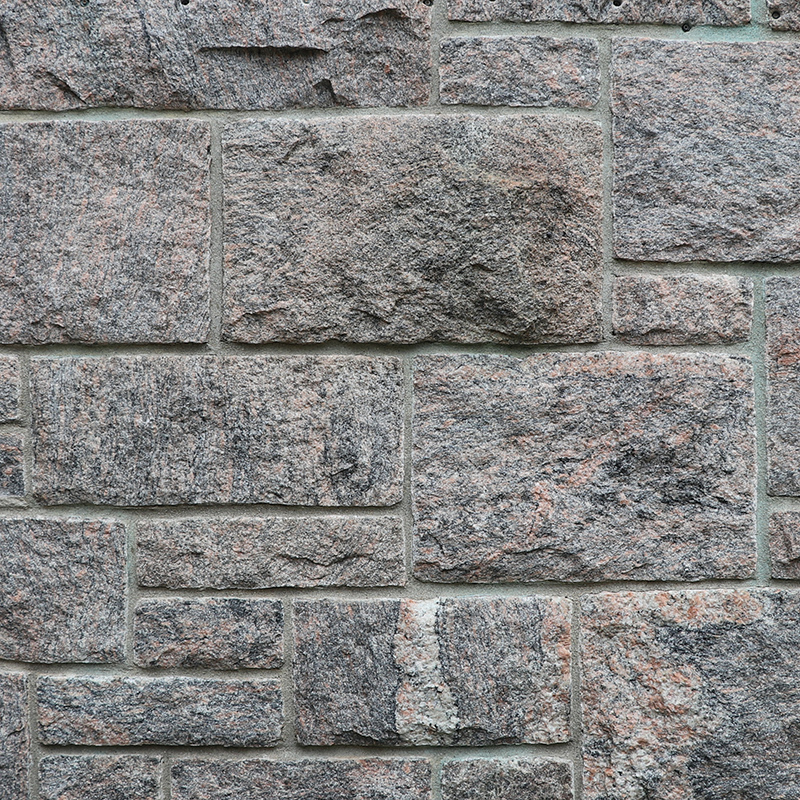
Visual Arts
In all the Studio Art courses, the focus is on a strong foundation of technical skills in drawing, design, painting and sculpture.
Get More Info

